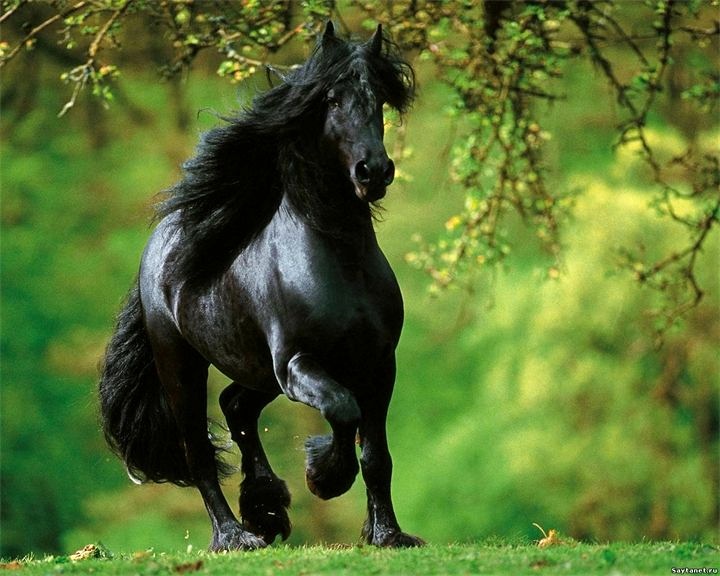1.
Introduction
How do the Odds Change in Horse Racing?
Horse racing is a sport that has been around for centuries. It is one of the oldest sports in the world and has been popular with both spectators and punters alike. When it comes to betting on horse racing, the odds can be quite complex and change frequently. In this article, we will discuss how the odds change in horse racing and the factors that influence them.
What are Horse Racing Odds?
The odds in horse racing are the probability of a horse winning the race. The odds are expressed as a ratio or fraction of the total amount of money wagered on the race. For example, if the odds are 2:1, it means that for every $2 wagered on the horse, the person who bets on it will win $1.
How are Horse Racing Odds Calculated?
Horse racing odds are calculated using a variety of factors, including the horse’s performance in past races, the track conditions, the jockey’s skill, and the amount of money wagered on the race. The odds are usually set by the bookmaker or the racetrack and can fluctuate throughout the day.
Factors That Influence Horse Racing Odds
1. Performance in Past Races
One of the main factors that affect the odds of a horse race is the horse’s performance in past races. Horses that have won in the past are usually given higher odds than horses that have yet to win a race. This is because the bookies believe that the horse is more likely to win again.
2. Track Conditions
The track conditions can also affect the odds of a horse race. If the track is wet or muddy, the horses may have difficulty navigating the course and their odds may be lower than if the track was dry. The same goes for horses running on different surfaces. If a horse is running on a turf track, its odds may be higher than if it was running on a dirt track.
3. Jockey Skill
The skill of the jockey is also an important factor in determining the odds of a horse race. Experienced jockeys have better control of their horses and can make split-second decisions that can make a difference in the outcome of the race. As such, the odds of a horse that is being ridden by a skilled jockey are likely to be higher than the odds of a horse being ridden by an inexperienced jockey.
4. Amount of Money Wagered
The amount of money that is wagered on a horse race can also affect the odds. If there is a lot of money being wagered on a particular horse, the odds of that horse winning are likely to be higher. This is because the bookies want to make sure they make a profit and they are more likely to give better odds to horses that are being heavily bet on.
5. Weather
The weather can also have an impact on the odds of a horse race. If it is raining or the track is wet, the horses are likely to have difficulty navigating the course and their odds may be lower than if the track was dry.
6. Breed
The breed of the horse can also influence the odds of a race. Certain breeds are known to be more successful in certain types of races, so their odds may be higher than other breeds.
7. Age
The age of the horse can also affect the odds. Younger horses are usually given higher odds because they are less experienced and less likely to win.
8. Track History
The track history can also affect the odds of a horse race. If a particular horse has had success on the track in the past, its odds may be higher than if it had never raced there before.
9. Trainer
The trainer of a horse can also influence the odds. If the trainer has had success with other horses, the odds of the current horse may be higher than if it had a different trainer.
10. Weight
The weight of the horse can also have an effect on the odds. Horses that are carrying more weight are usually given lower odds because they are less likely to win.
Conclusion
The odds of a horse race can change frequently and are influenced by a variety of factors. These include the horse’s performance in past races, the track conditions, the jockey’s skill, the amount of money wagered on the race, the weather, the breed, the age, the track history, the trainer, and the weight of the horse. By understanding how the odds are calculated and the factors that influence them, you can gain a better understanding of the sport and have a better chance of making successful bets.

